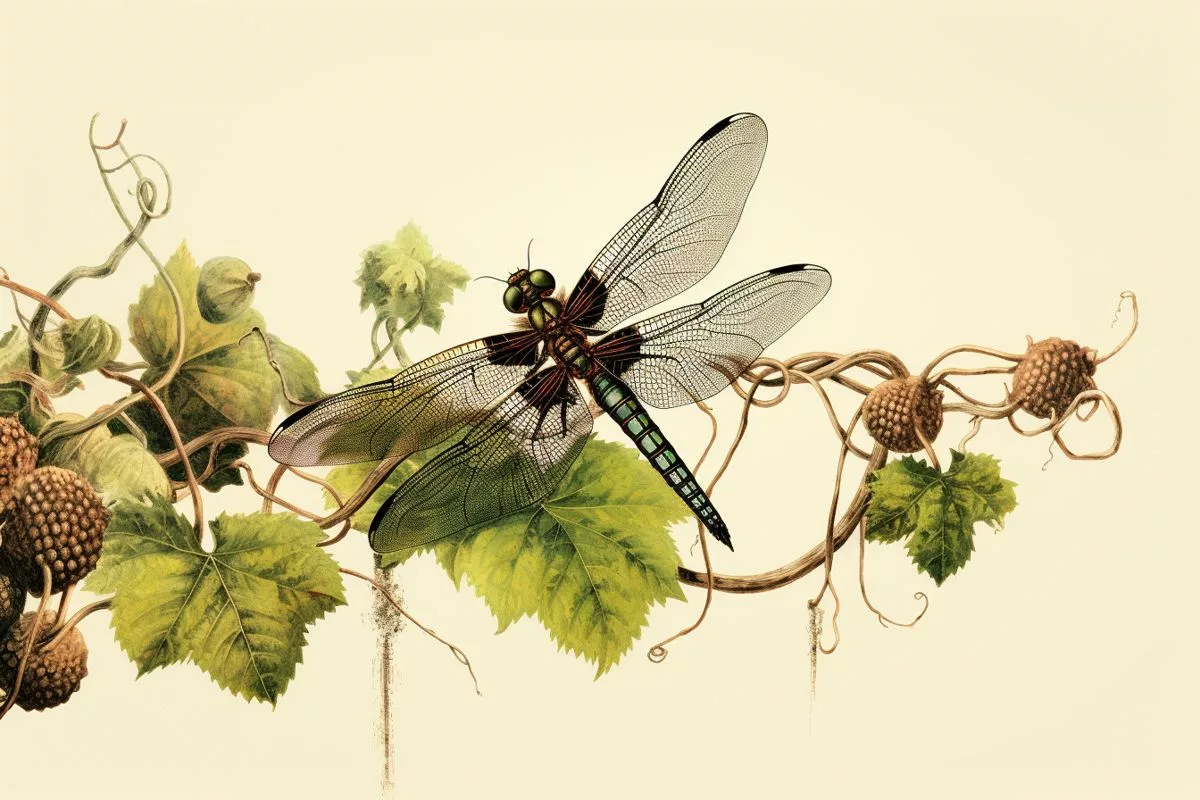Stellenzicht Winery in South Africa is committed to sustainability and preserving the farm’s ecosystem, while also respecting its ancient history. They produce wines that represent the authentic character of their terroir, with a focus on ecological balance and biological diversity. The farm also incorporates regenerative farming practices, including the use of cattle to naturally control weeds and manage grazing. Overall, Stellenzicht Winery is a harmonious blend of history, culture, and nature, expressed through their wines.
What is the philosophy behind Stellenzicht Winery’s operations?
Stellenzicht Winery is guided by a philosophy of sustainability and ecological balance. They aim to preserve the farm’s assets by nurturing the ecosystem and creating harmonious wines that epitomize the essence of their terroir. They also respect their past by carefully attending to their soil typology and planting the right varieties in suitable sites to give the vines an optimal chance to flourish in their ideal terroir.
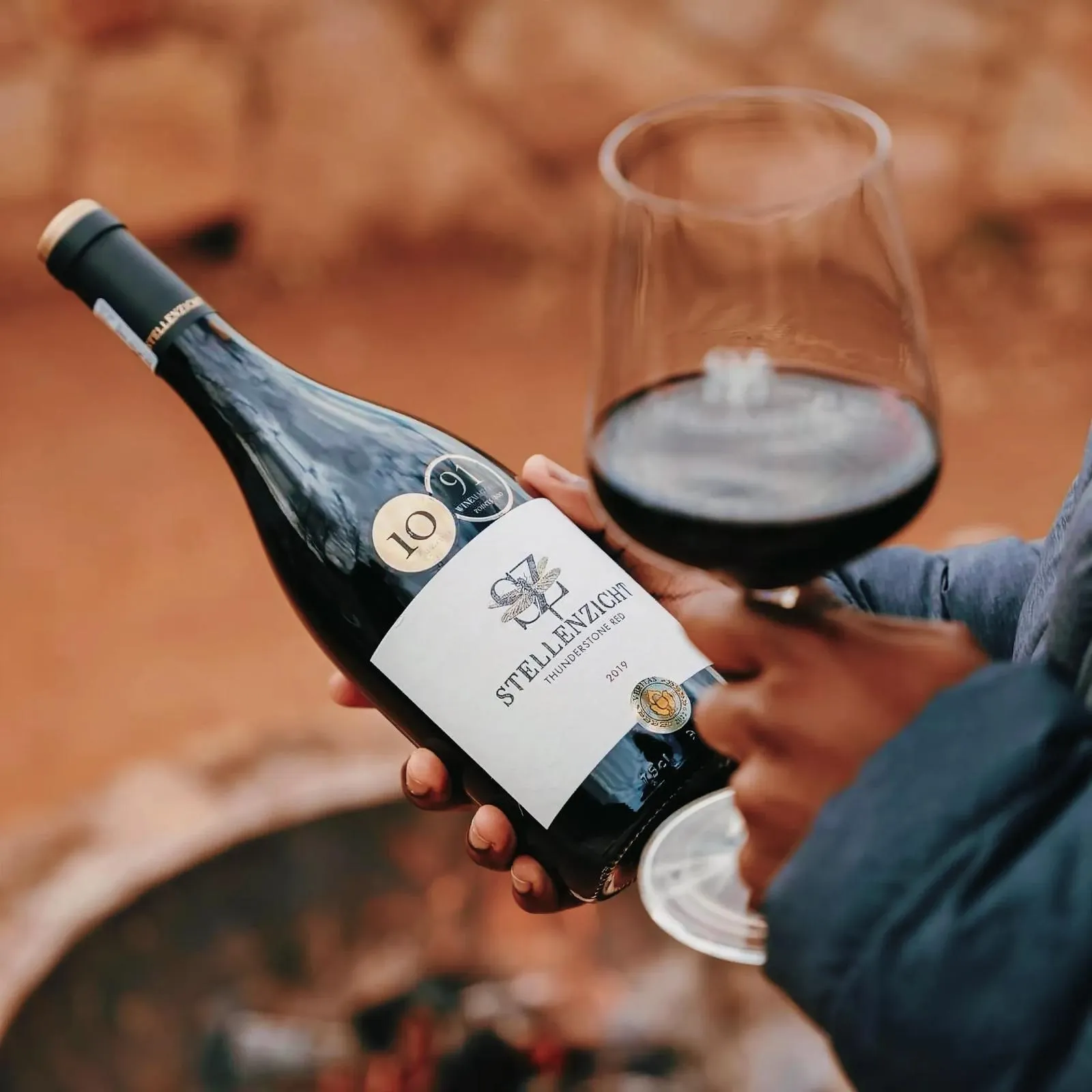
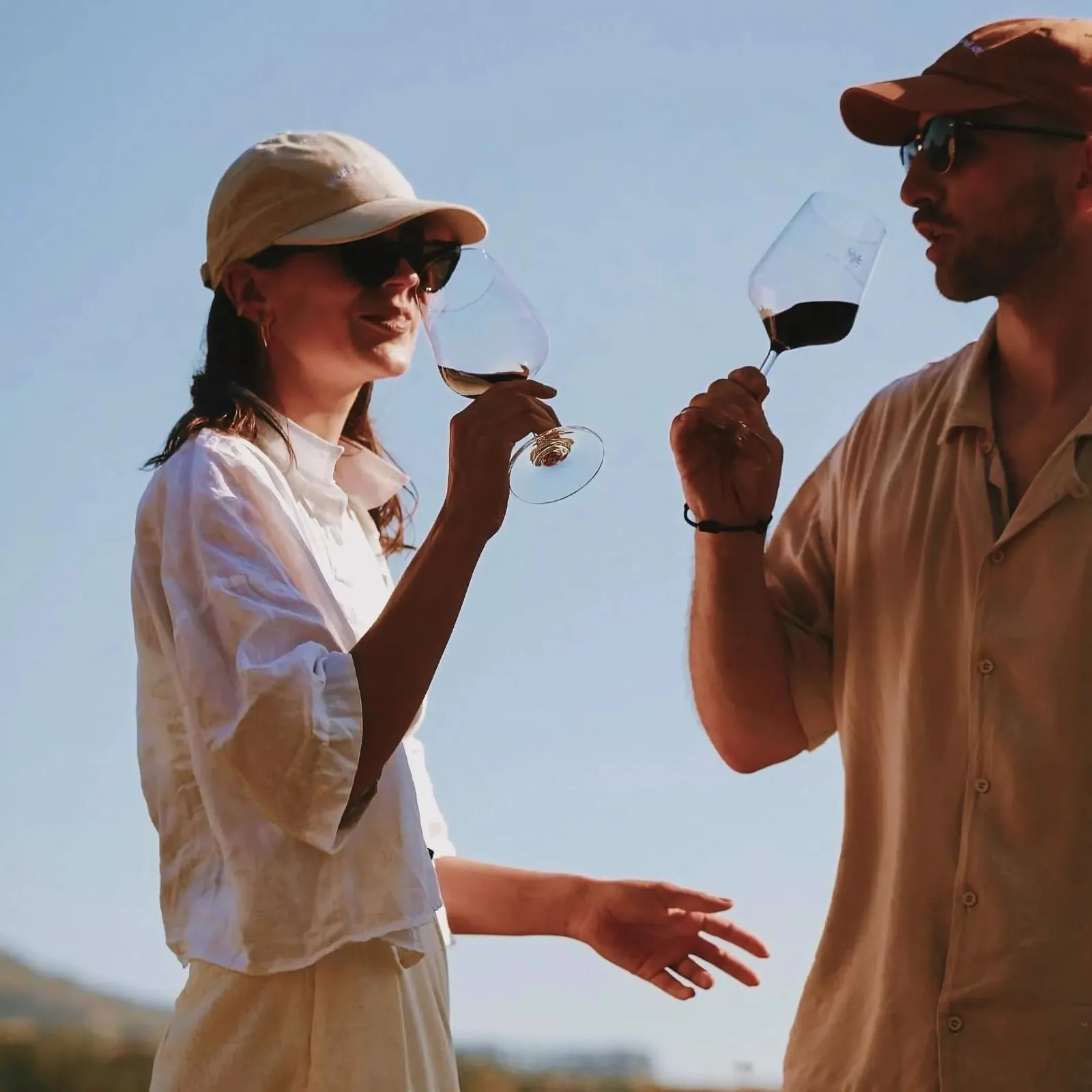
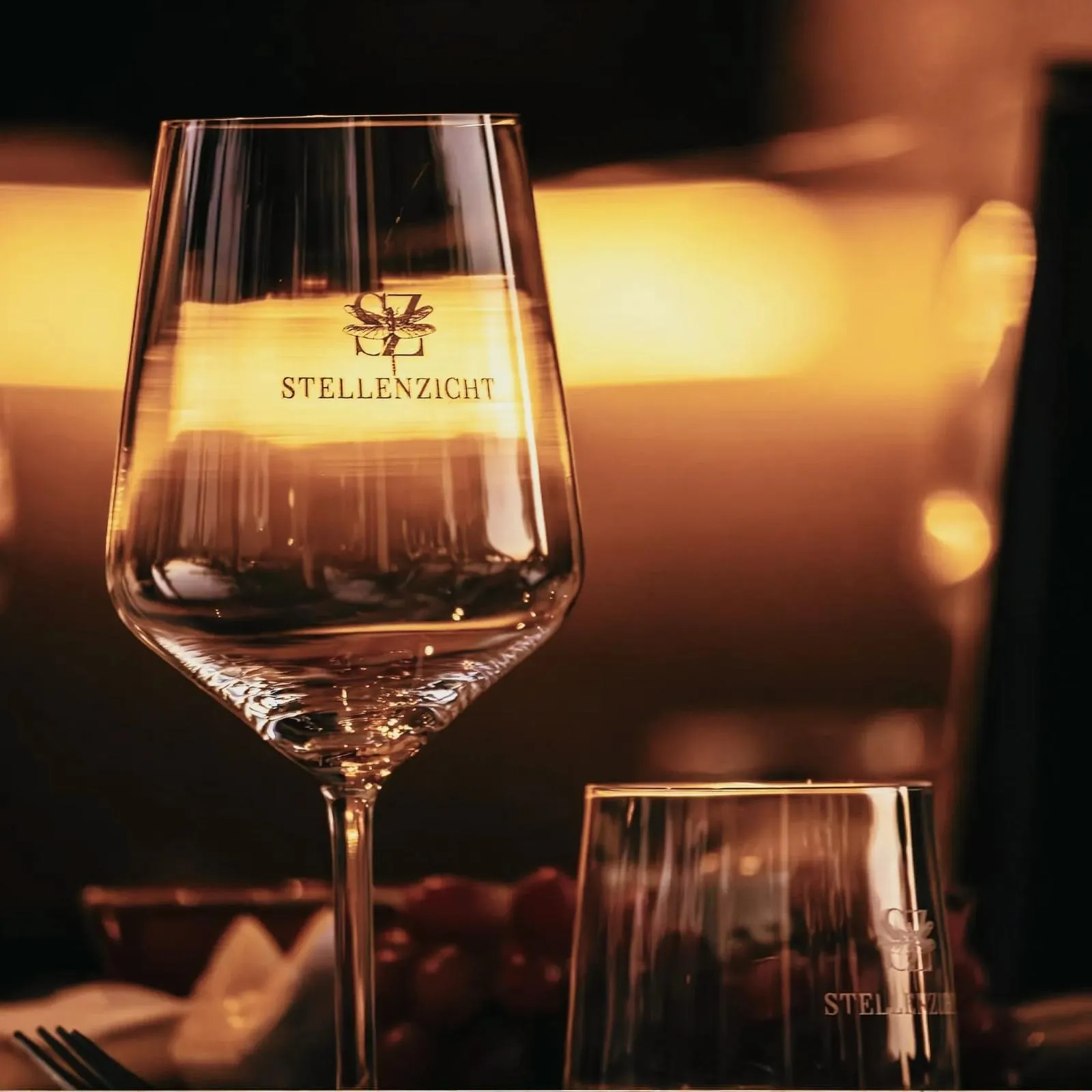
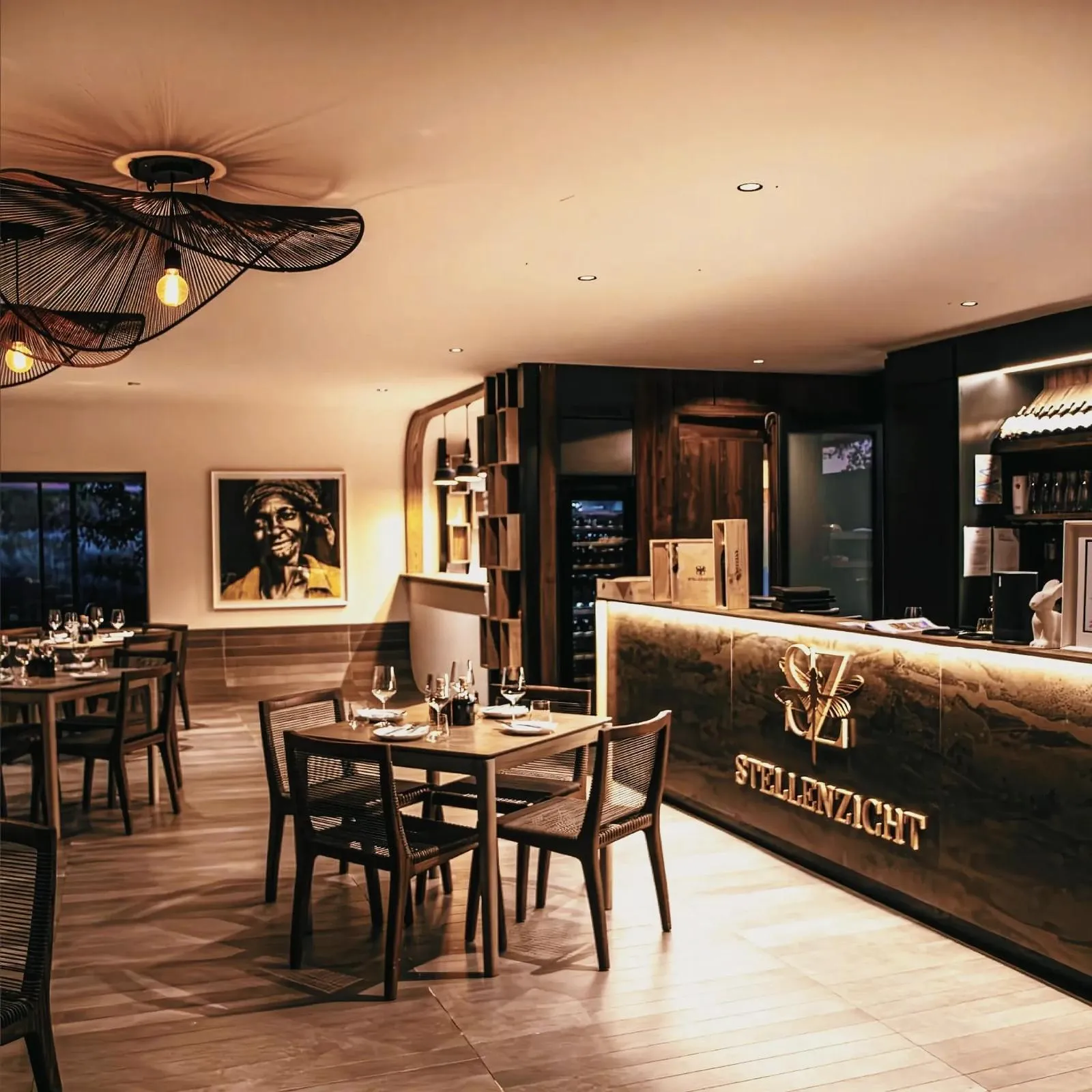
Stellenzicht Winery: A Steward of the Land
Situated within the awe-inspiring landscape of South Africa, Stellenzicht Winery passionately acknowledges its duty as a guardian of the earth. Gifted with an array of varying micro-climate soil pockets, the winery exploits the goodness of each yield to produce wines that represent the authentic character of its terroir.
Underneath the umbrella of Stellenzicht, sustainability is more than just a trend. It’s a philosophy deeply rooted in the winery’s core values. The principle of preserving the farm’s assets integrates seamlessly into the tapestry of its everyday operations. As wardens of the stunning estate, they preserve an ecosystem that safeguards the dragonfly community and nurtures the farm’s lively flora and fauna. With a steadfast dedication to ecological balance, Stellenzicht aims to create harmonious wines that epitomize the essence of their terroir.

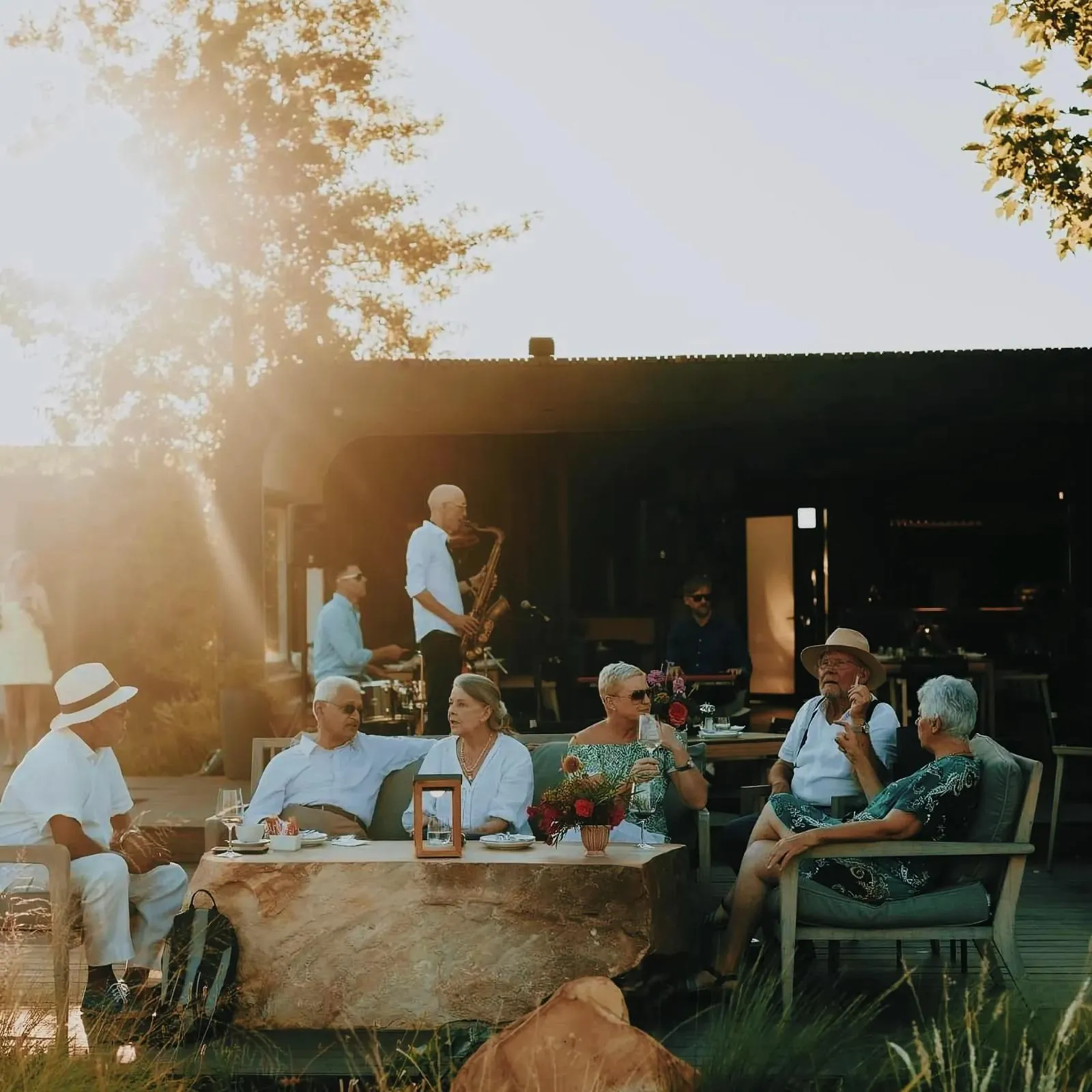

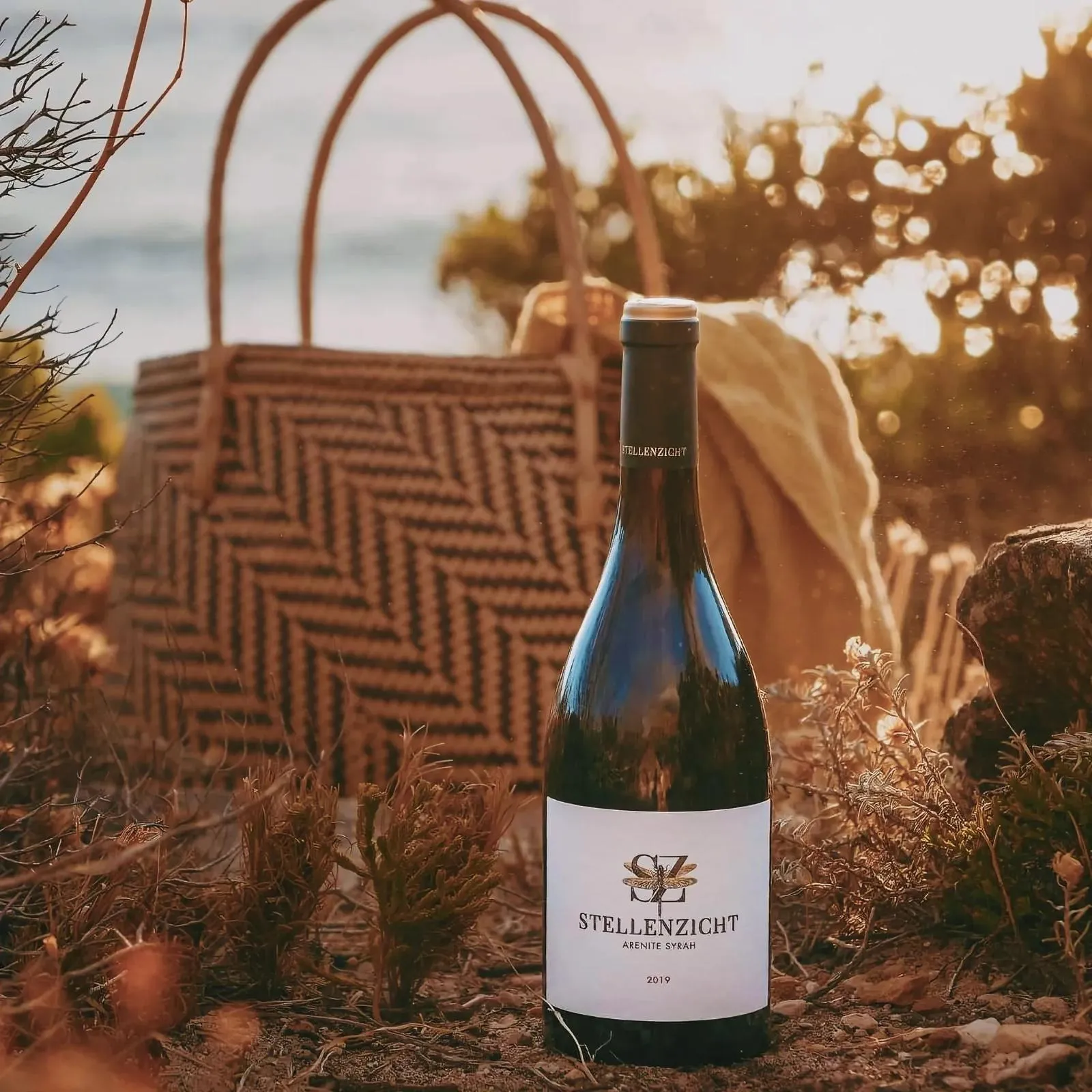
An Ancient Chapter in the Stellenzicht Storybook
An interesting segment of the Stellenzicht story is the saga of the Acheulean hand axes. The unearthing of these pointed stone relics, found scattered randomly across the farm, sparked a journey to disclose their origin. A peculiar note in the original title deed for the farm, which dismissed it as ‘not suitable for crops, only cattle. Too many rocks’, presented a revealing hint. A realization struck the Stellenzicht team: the distinctive soil and rocky landscape were, in fact, perfect for their vines. The pointed objects were prehistoric tools, remnants of the Stone Age fashioned by early humans. This led to the inception of the Acheulean Range, a premium selection that pays homage to the farm’s ancient ancestry and the lasting imprints of early humans.

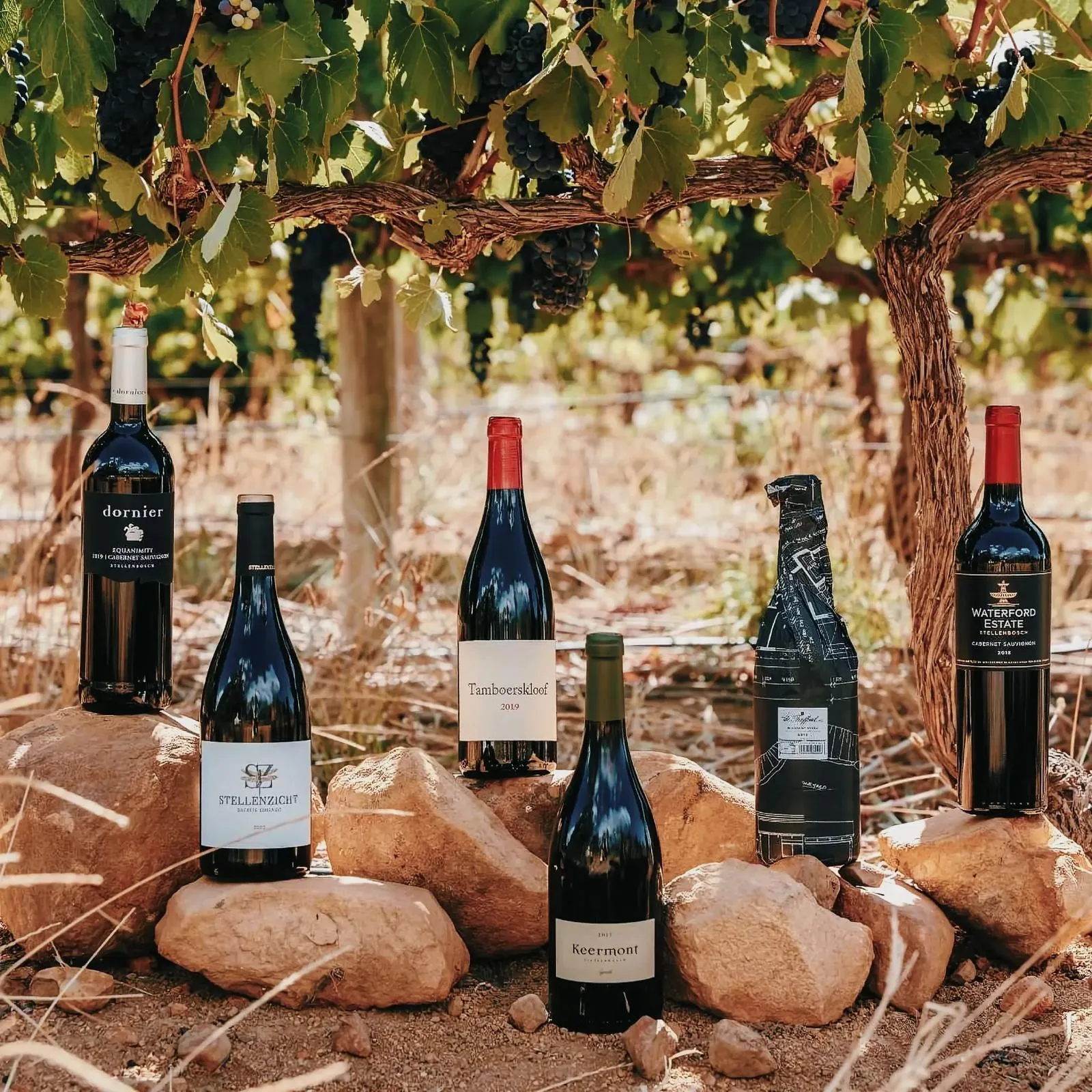
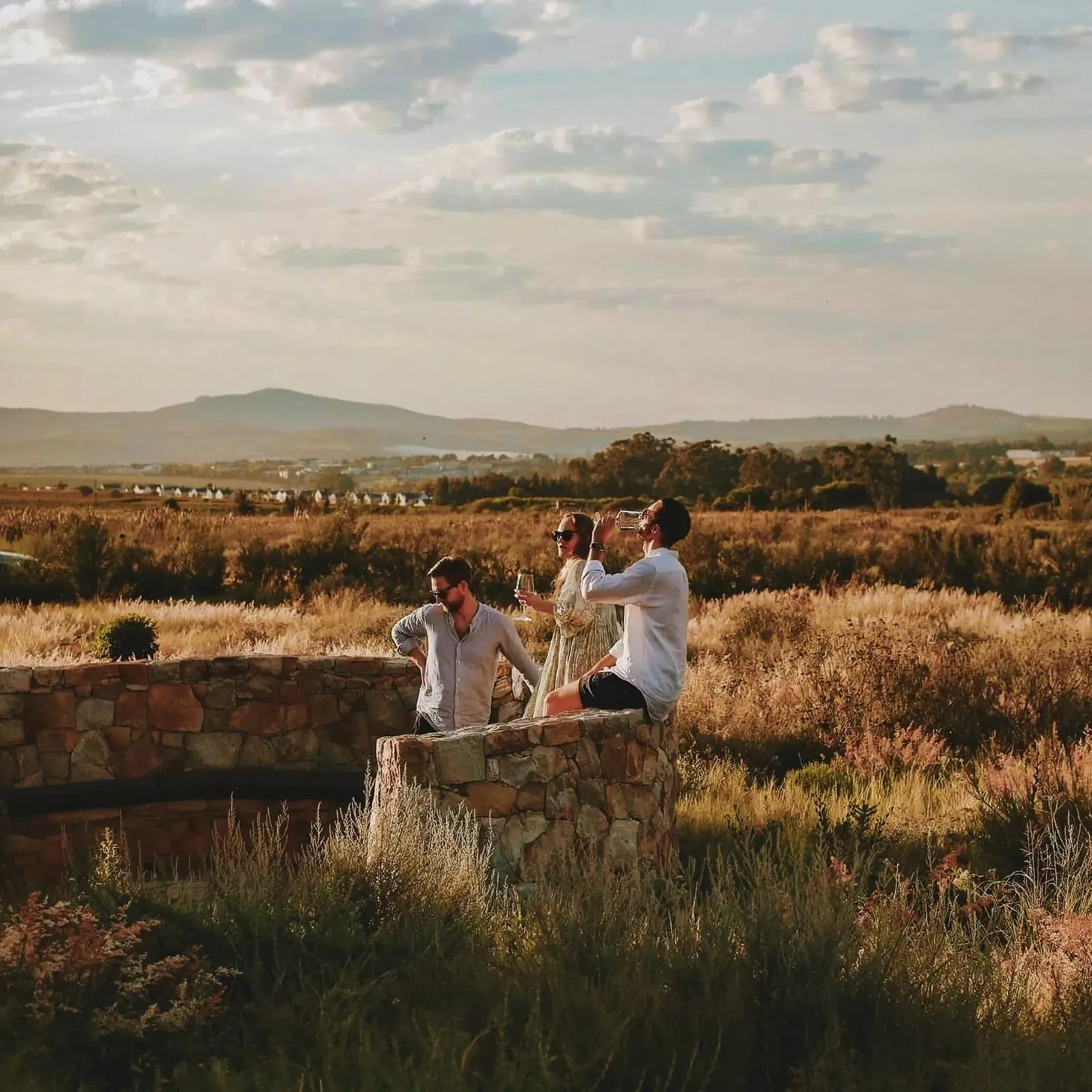
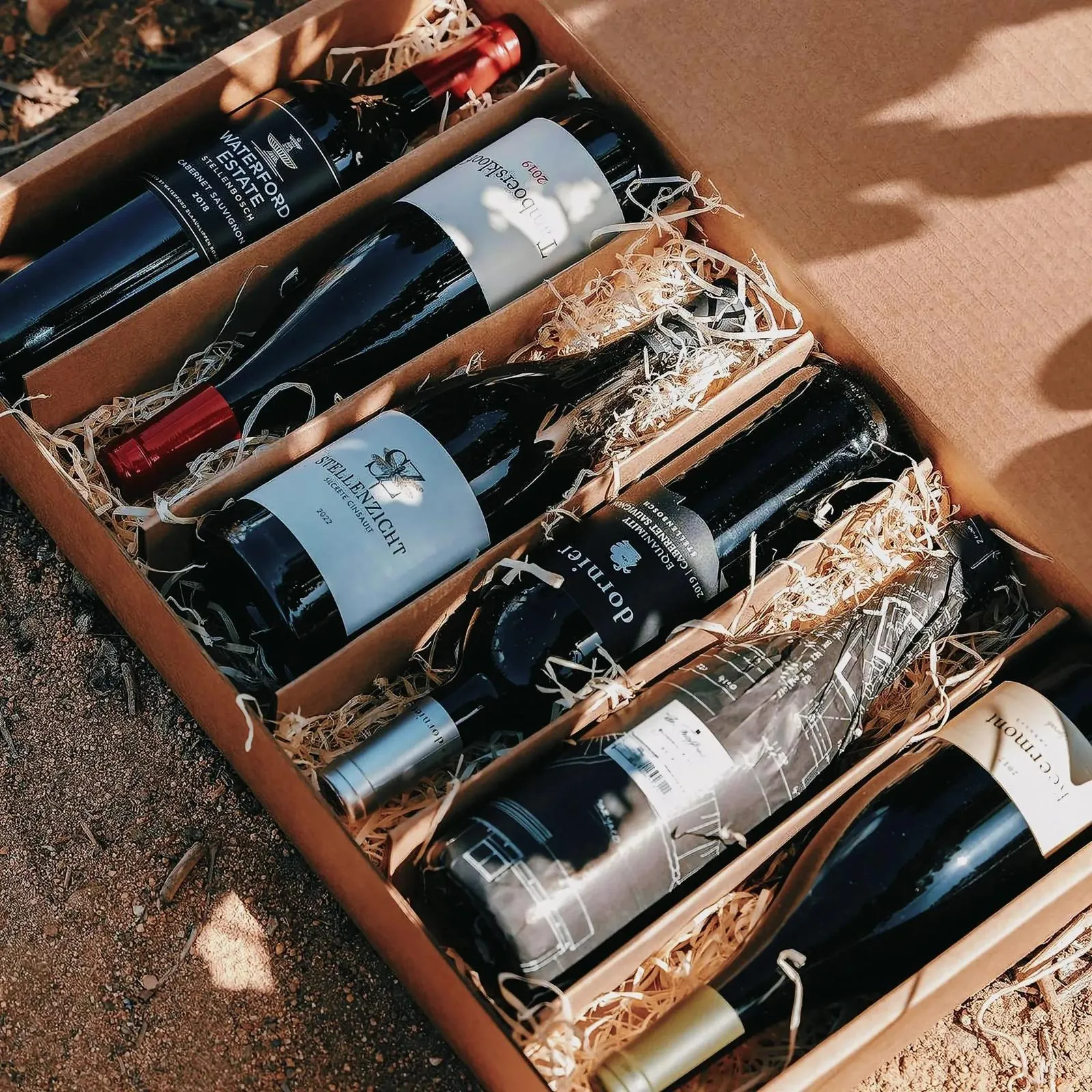
The Renaissance of Stellenzicht: A Principle of Regeneration
At the heart of Stellenzicht’s resurgence is the idea of rejuvenation. The estate has experienced a whirlwind of activity: vineyards rebooted, foreign vegetation removed, and native flora slowly reintroduced. The farm has triumphantly revived several species of Fynbos, a vegetation type native to the Helderberg mountain, reinstating and equilibrating the ecosystems operational on the farm. This devotion to fostering Stellenzicht’s indigenous flora has reaped tangible rewards, with their vineyards enjoying the benefits of biological diversity, producing balanced, terroir-driven wines.
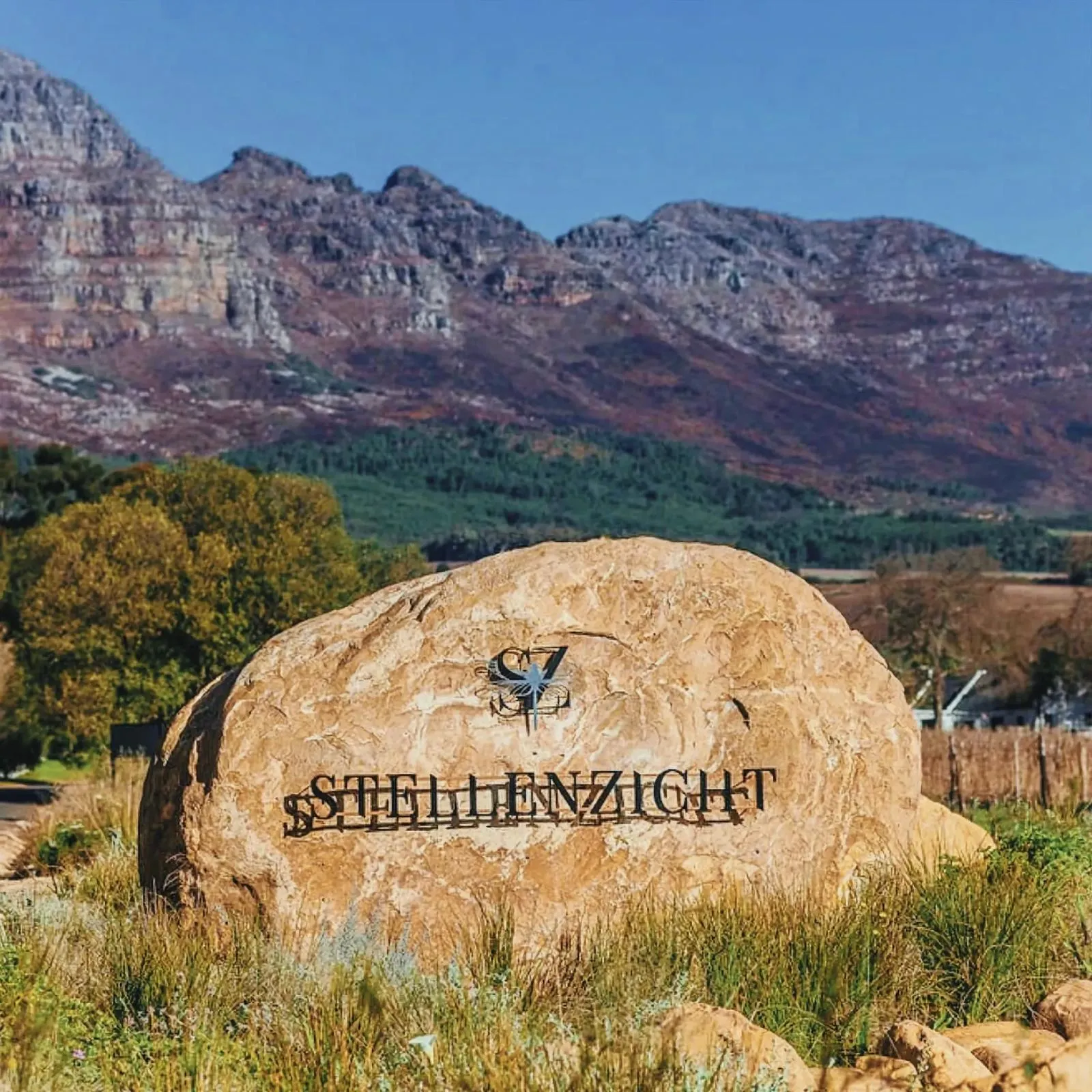
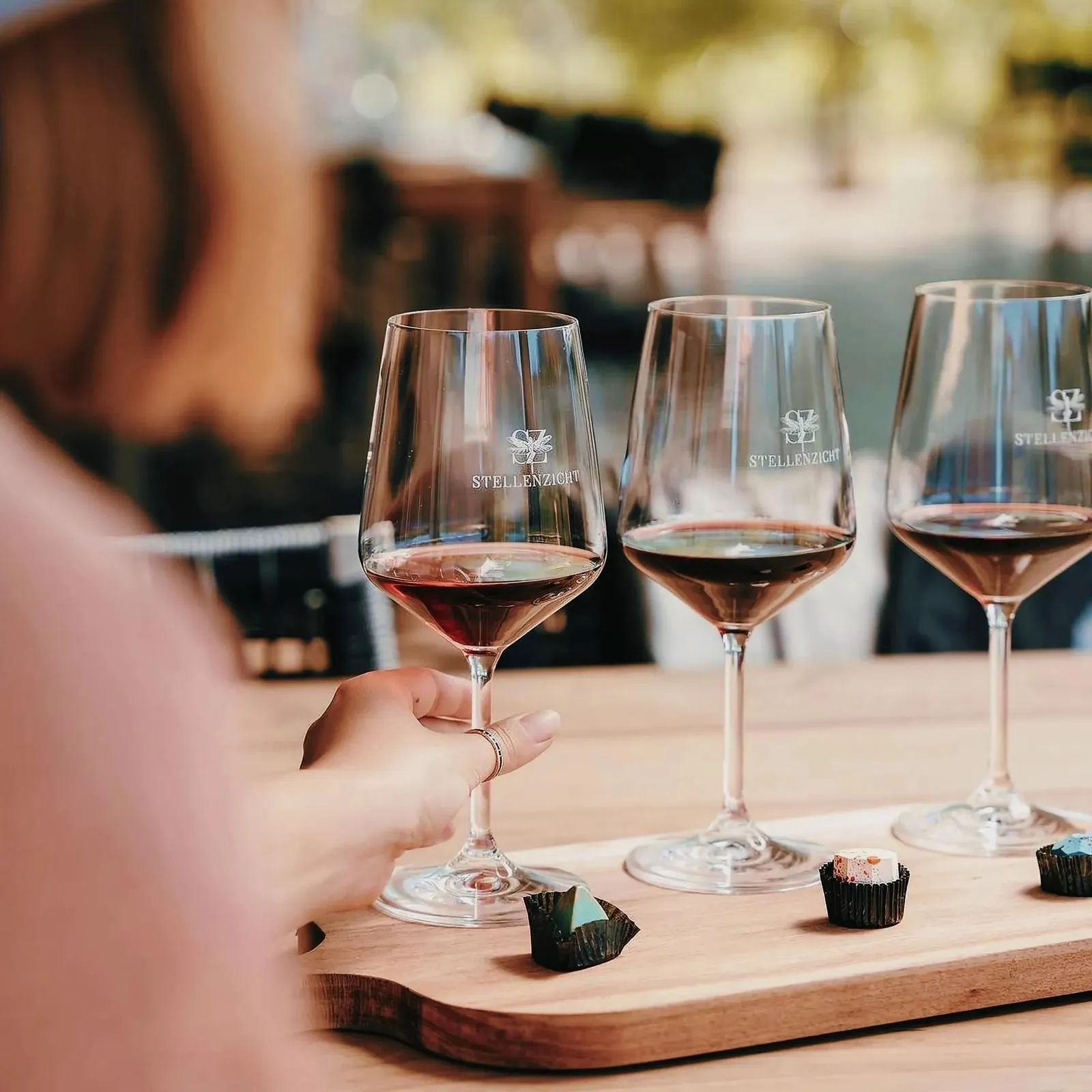
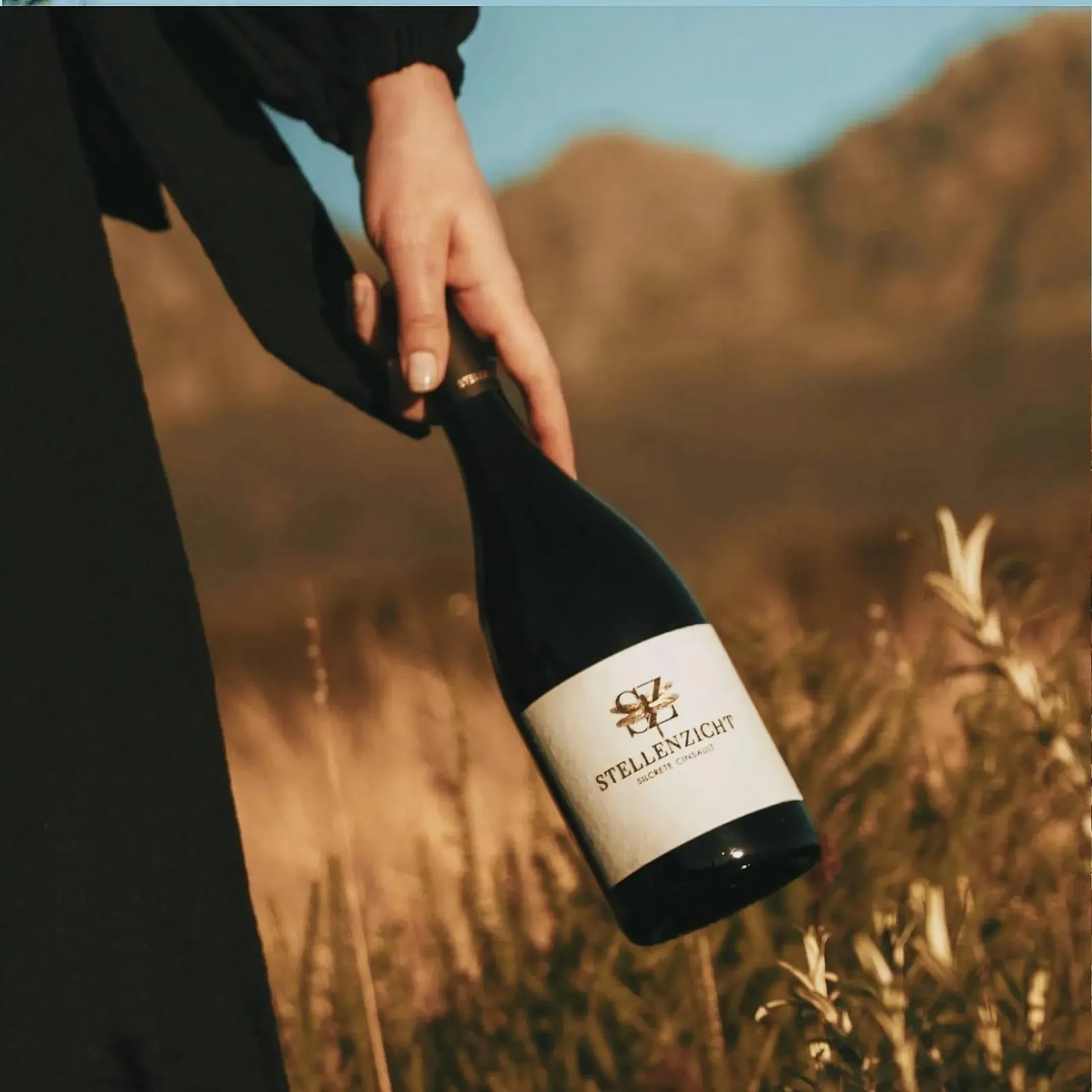
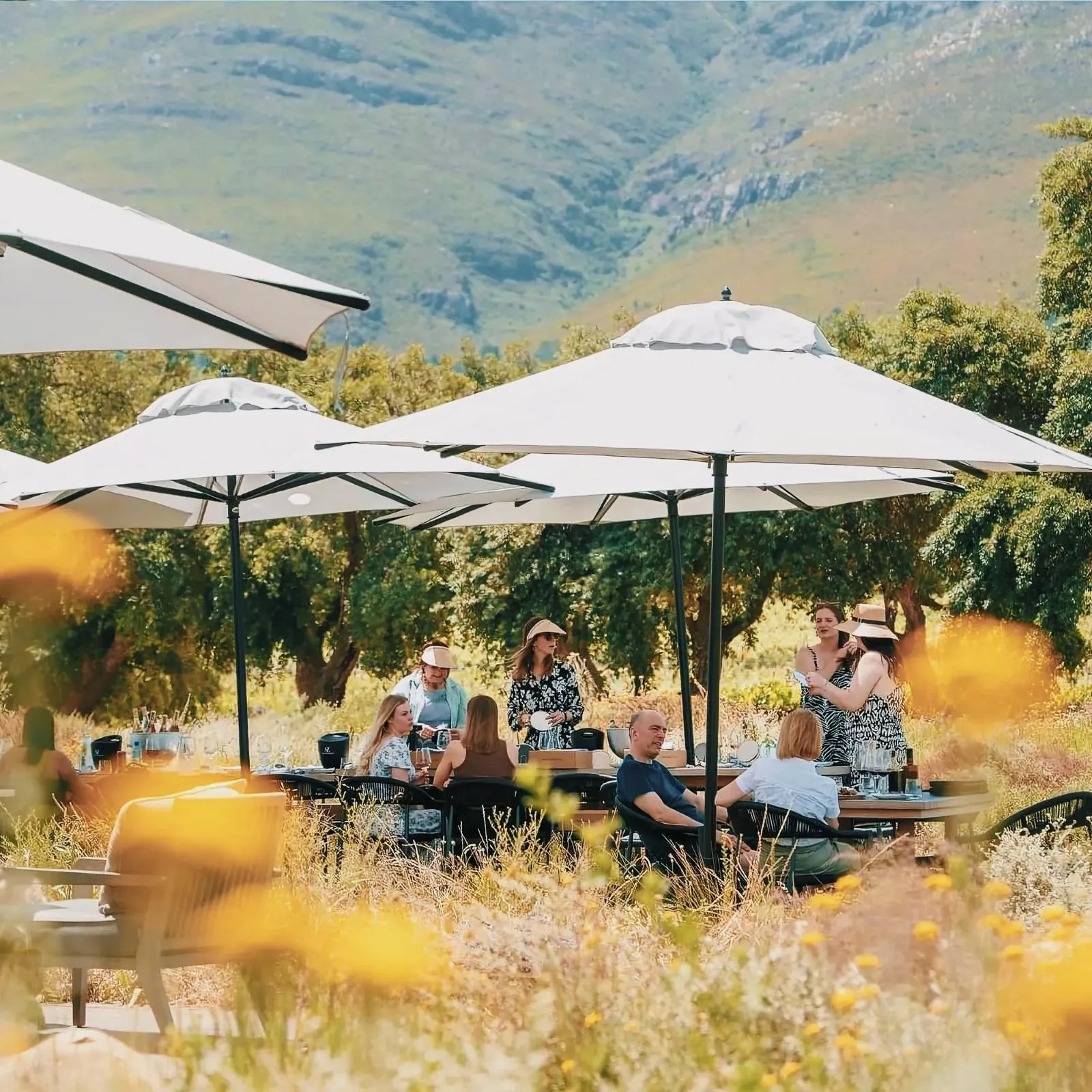
Stellenzicht Farm: A Blend of Charm and Strategy
Adding to the allure of the Stellenzicht farm is a lively herd of cattle. Their presence forms part of a plan aimed at fulfilling the winery’s promise of sustainability through regenerative farming. The cattle aid in the farm’s preservation by naturally controlling weeds, abolishing the need for chemical interference or tractor-mowing of fallow fields. The farm also investigates the influence of cow dung on the soil, to comprehend its role in reinserting crucial nutrients and managing grazing to improve the holistic ecological function.
The foundation of Stellenzicht’s respect for its past lies in careful attention to its soil typology. This rigorous process enables them to plant the right varieties in suitable sites, giving the vines an optimal chance to flourish in their ideal terroir. Guided by nature and its indicators, the winery tailors its sustainable farming and wine-making practices to best express its soils and terroir through its grapes and wines.
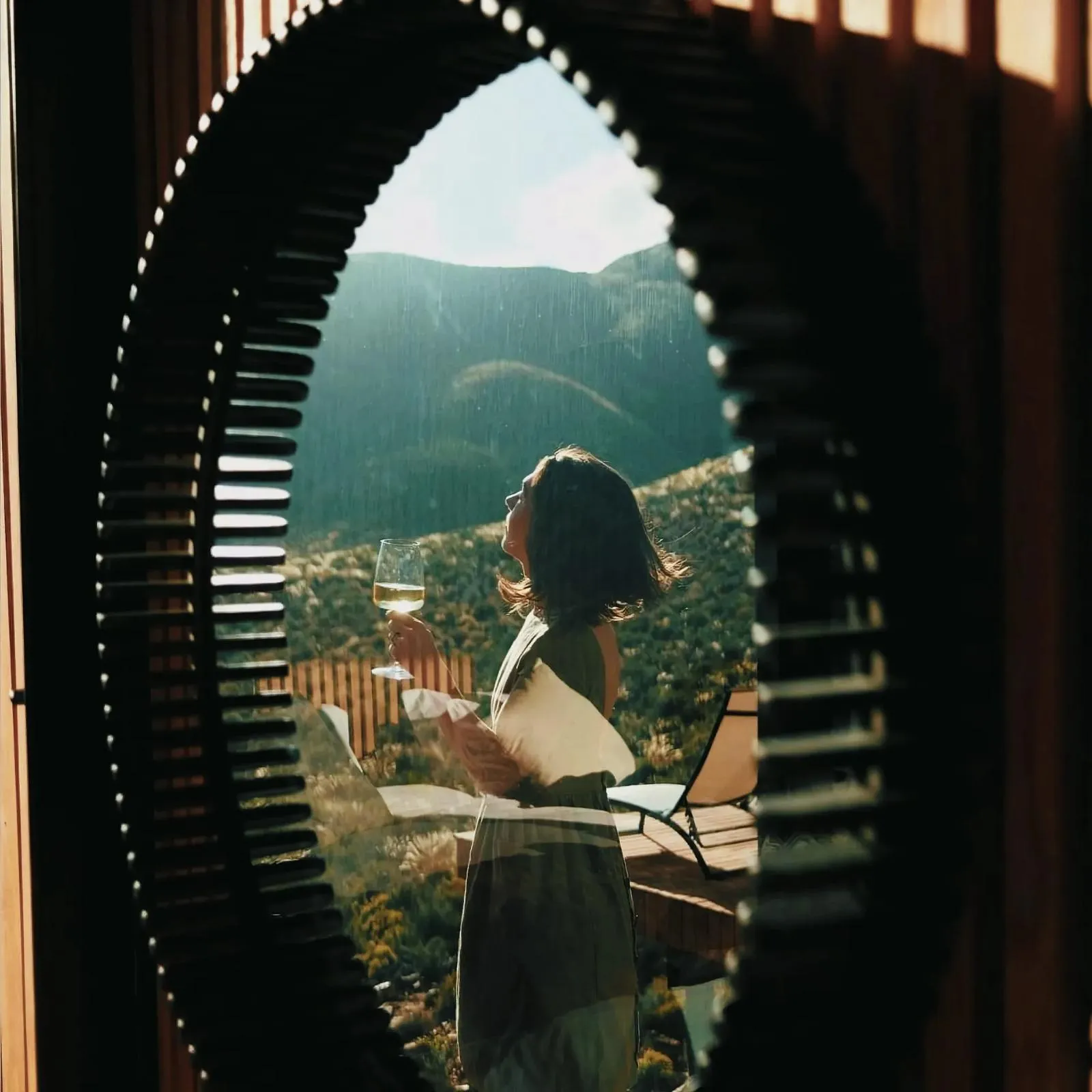
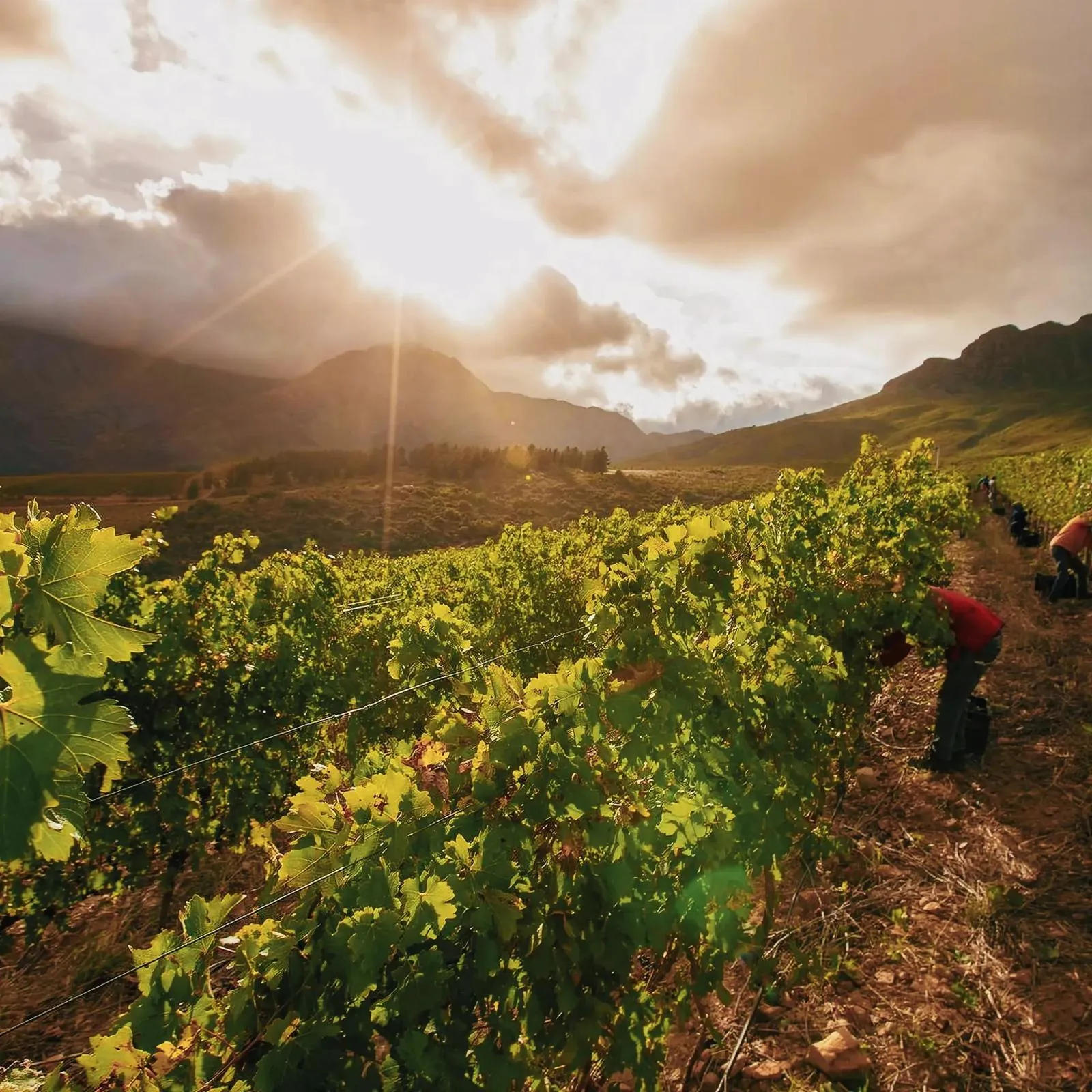
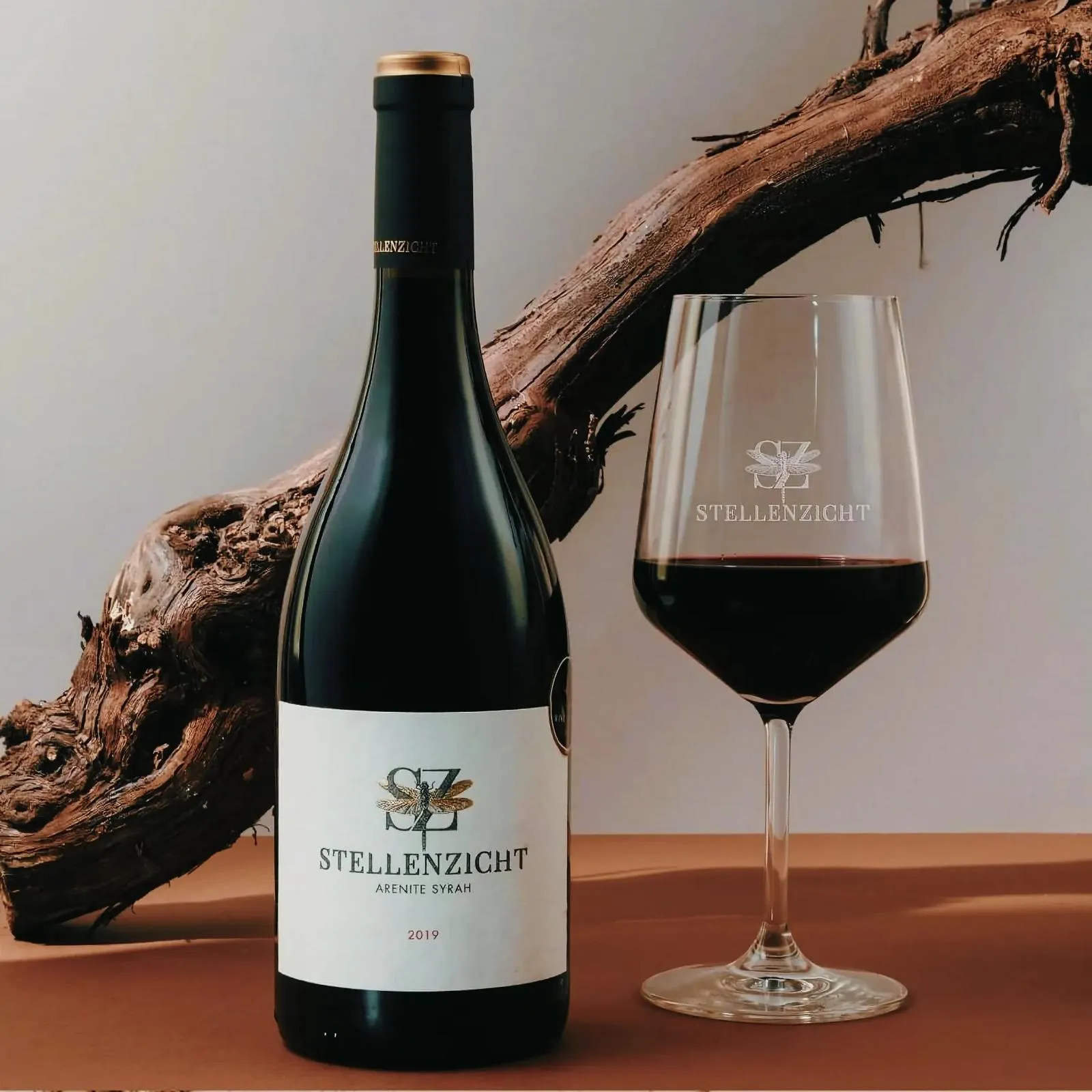
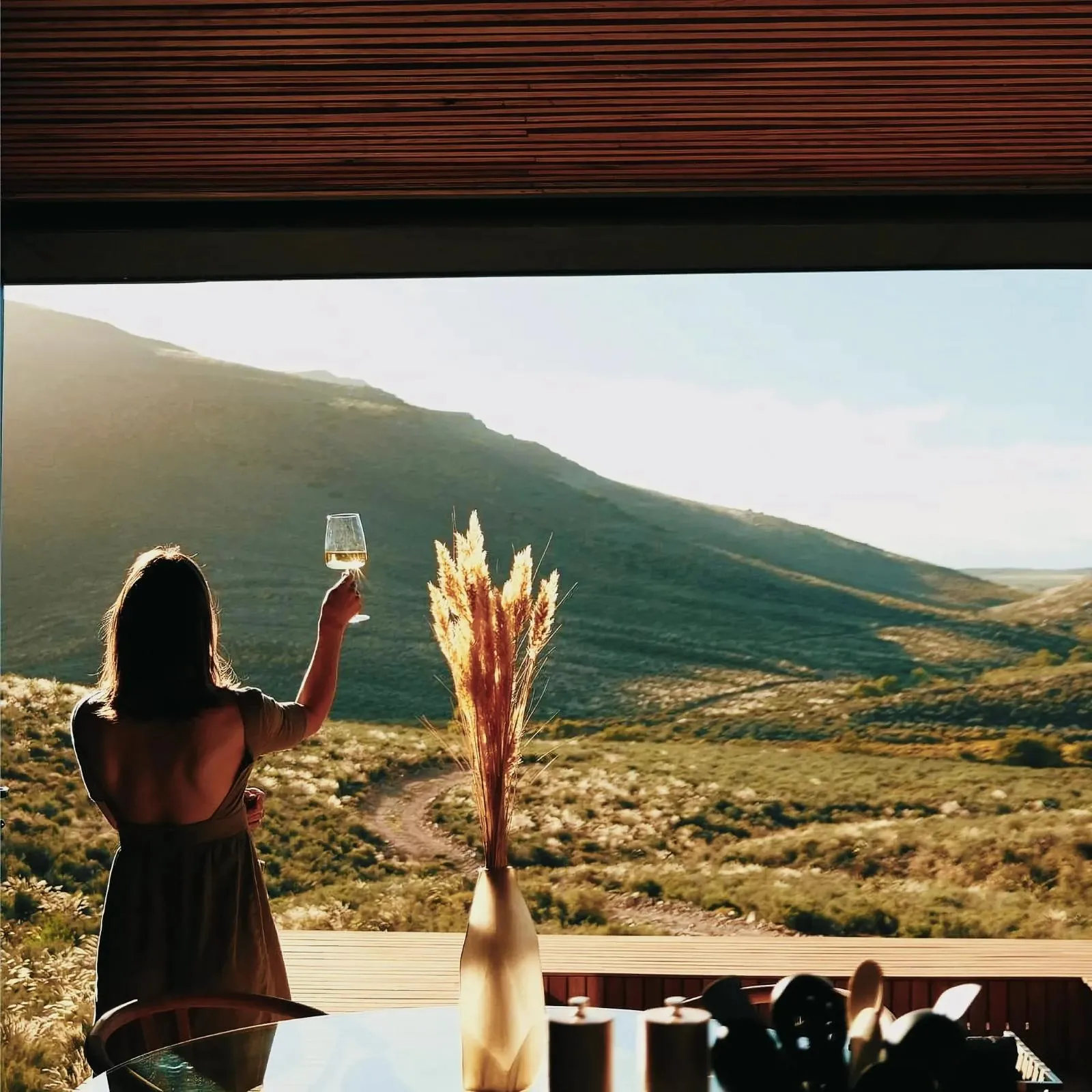
Stellenzicht Winery: A Harmony of History, Culture, and Nature
In summary, Stellenzicht Winery stands as a tribute to the balanced cohabitation of history, culture, and nature. It is a living account of a rich heritage intertwined with a modern ethos, grounded on sustainability and respect for the natural world. This philosophy is tangible in its wine, with each taste mirroring the soil it emerged from, and the care and toil invested in its making.
1. What is the philosophy behind Stellenzicht Winery’s operations?
Stellenzicht Winery operates with a philosophy of sustainability and ecological balance, which includes preserving the farm’s ecosystem and creating harmonious wines that epitomize the essence of their terroir. They also respect their past by carefully attending to their soil typology and planting the right varieties in suitable sites to give the vines an optimal chance to flourish in their ideal terroir.
2. How does Stellenzicht Winery incorporate regenerative farming practices?
Stellenzicht Winery incorporates regenerative farming practices by using cattle to naturally control weeds and manage grazing. They also investigate the influence of cow dung on the soil to comprehend its role in reinserting crucial nutrients and improving the holistic ecological function.
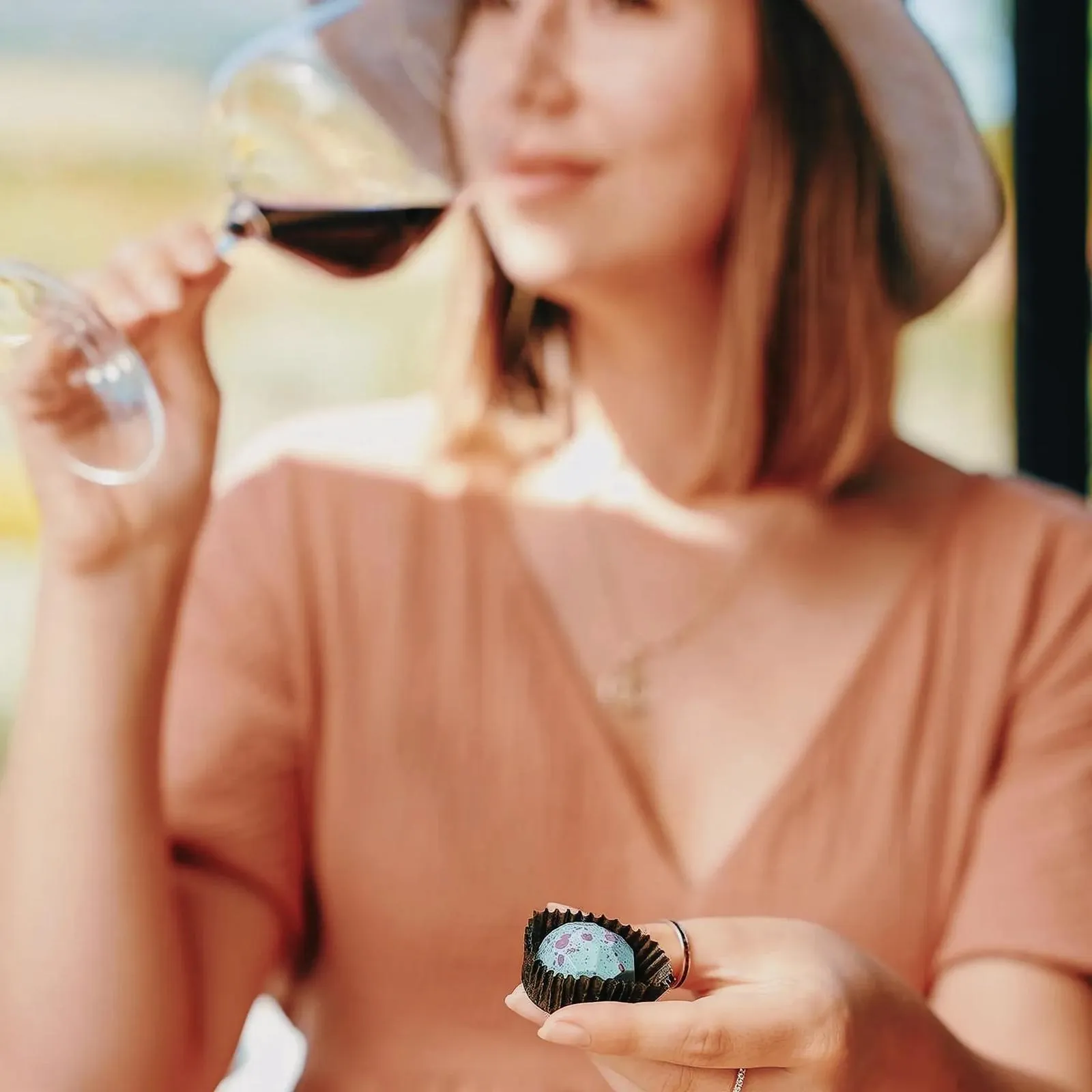


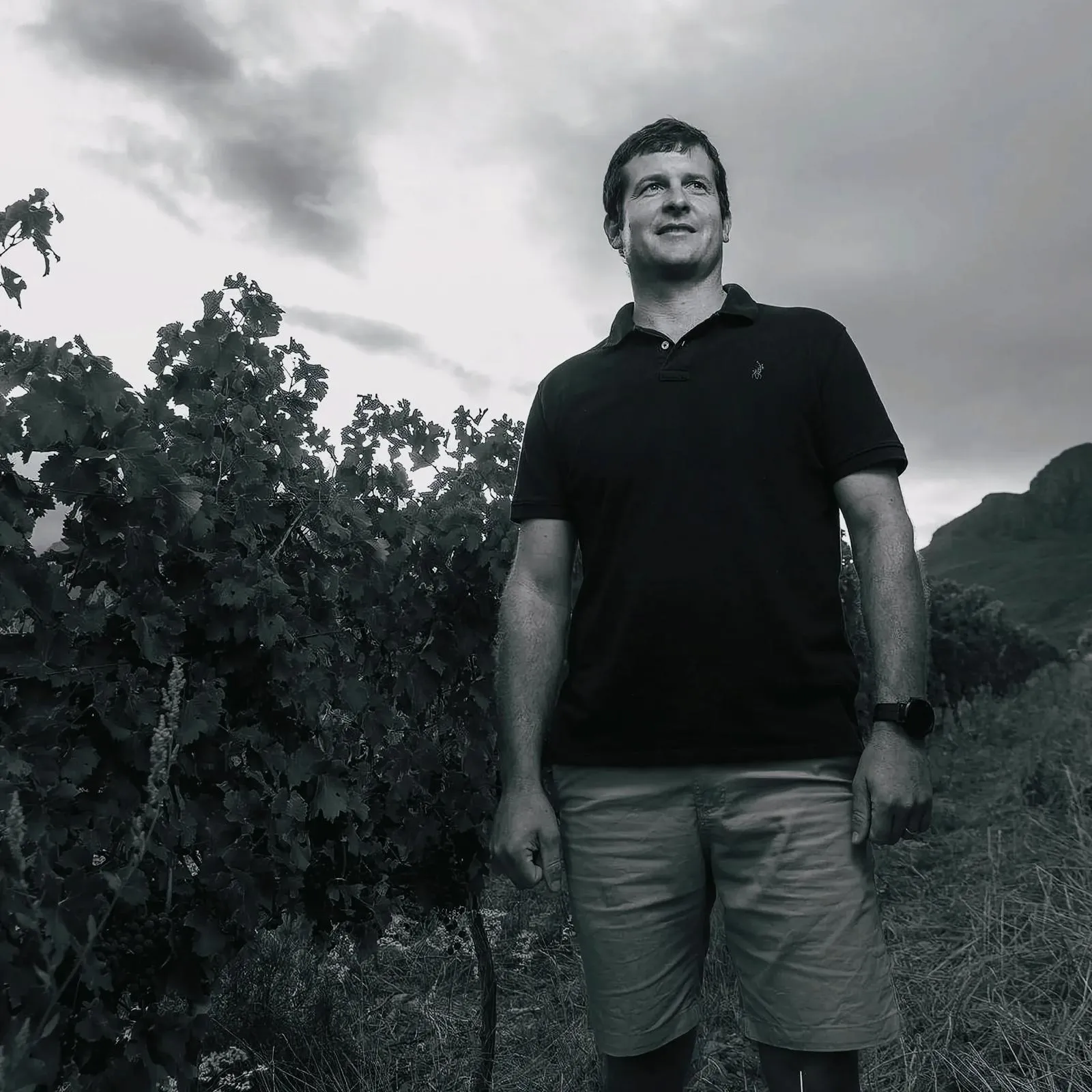
3. What is the Acheulean Range, and what is its significance to Stellenzicht Winery?
The Acheulean Range is a premium selection of wines that pays homage to the farm’s ancient ancestry and the lasting imprints of early humans. The Stone Age pointed tools, found scattered randomly across the farm, were fashioned by early humans. The distinctive soil and rocky landscape that was initially dismissed as unsuitable for crops were, in fact, perfect for their vines.
4. How does Stellenzicht Winery rejuvenate its farm?
Stellenzicht Winery rejuvenates its farm by rebooting vineyards, removing foreign vegetation, and slowly reintroducing native flora. They have revived several species of Fynbos, a vegetation type native to the Helderberg mountain, reinstating and equilibrating the ecosystems operational on the farm.
5. How does Stellenzicht Winery use cattle to aid in the farm’s preservation?
Stellenzicht Winery uses cattle to aid in the farm’s preservation by naturally controlling weeds, abolishing the need for chemical interference or tractor-mowing of fallow fields. They investigate the influence of cow dung on the soil to comprehend its role in reinserting crucial nutrients and managing grazing to improve the holistic ecological function.
6. How does Stellenzicht Winery express a harmony of history, culture, and nature through its wines?
Stellenzicht Winery expresses a harmony of history, culture, and nature through its wines by creating harmonious wines that epitomize the essence of their terroir. Their philosophy of sustainability and ecological balance, combined with careful attention to soil typology, enables them to tailor their sustainable farming and wine-making practices to best express their soils and terroir through their grapes and wines.

